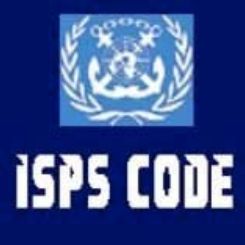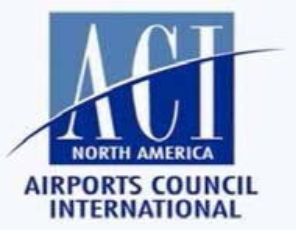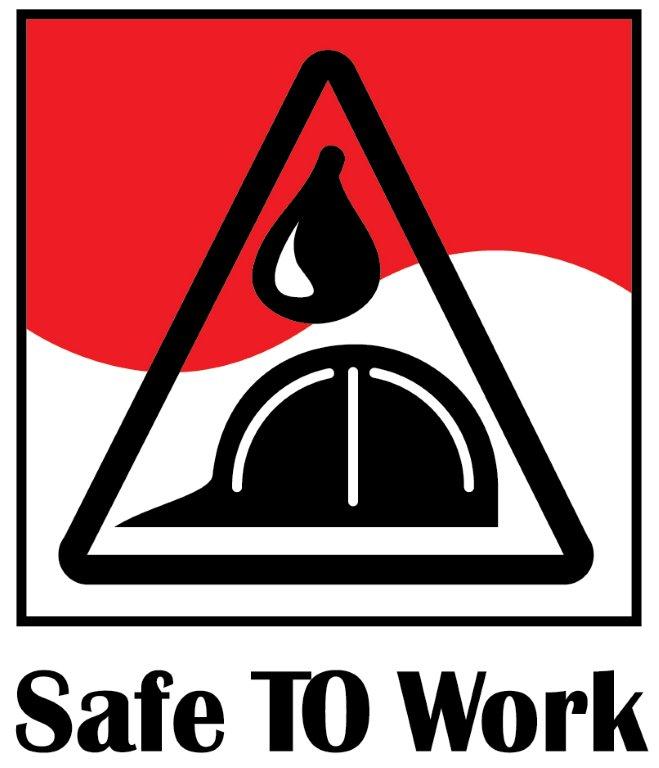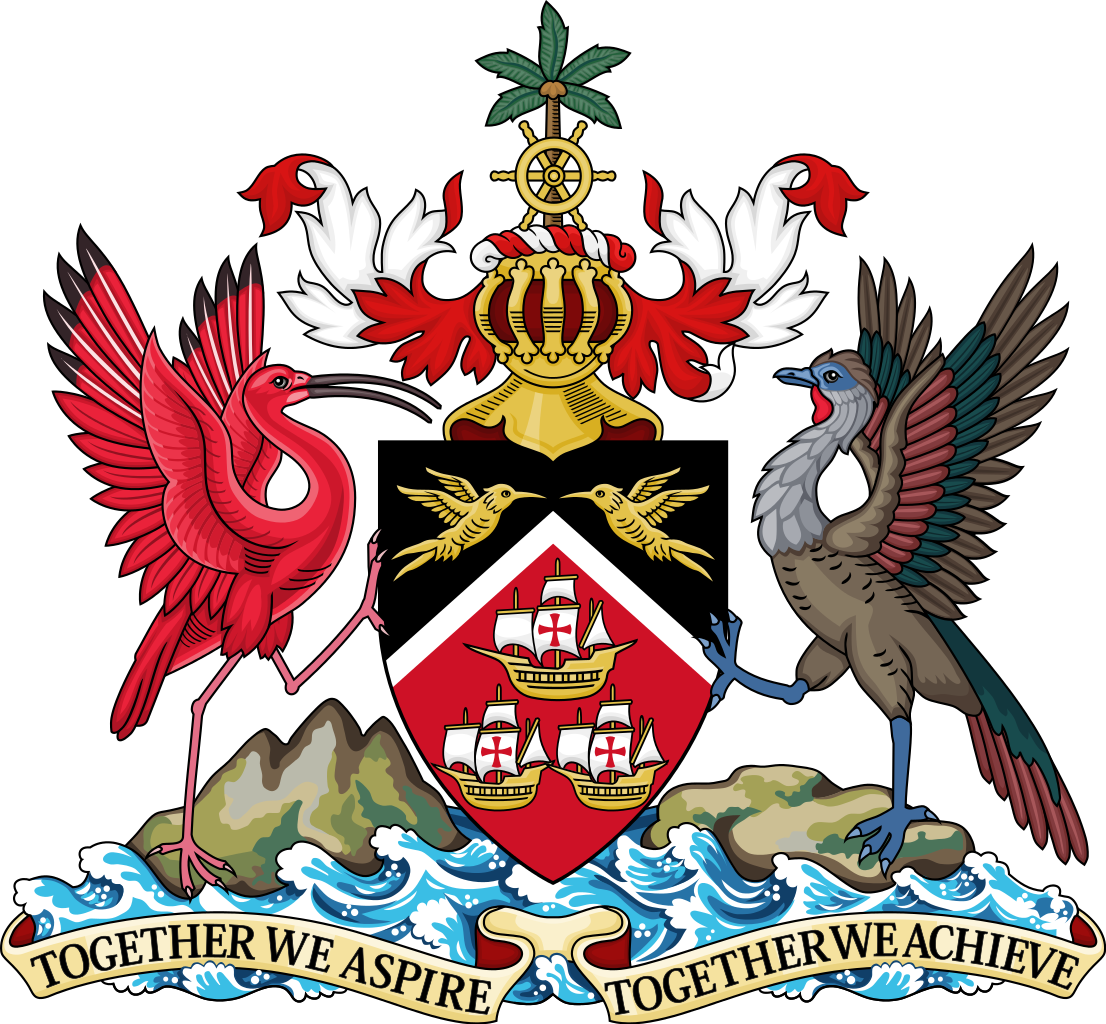Ministry of National Security Registered
As outlined in the Supplement Police Act Chapter 15:02,persons wishing to operate a Protective Service Agency in Trinidad and Tobago, must first seek permission from the Minister of National Security to do so.
Membership and Affiliates

The International Ship and Port Facility Security (ISPS) Code is an amendment to the Safety of Life at Sea (SOLAS) Convention (1974/1988) on minimum security arrangements for ships, ports and government agencies. Having come into force in 2004, it prescribes responsibilities to governments, shipping companies, shipboard personnel, and port/facility personnel to "detect security threats and take preventative measures against security incidents affecting ships or port facilities used in international trade.”

ASIS International is a professional organization for security professionals. It issues various certifications, standards, and guidelines for the security profession. Founded in 1955 as the American Society for Industrial Security the organization later changed its name to ASIS International to reflect it broad mandate.

Airports Council International (ACI) is the only global trade representative of the world’s airport authorities. Established in 1991, ACI represents airports’ interests with governments and international organizations, develops standards, policies and recommended practices for airports, and it provides information and training opportunities to raise the standards around the world. It aims to provide the public a safe, secure, efficient and an environmentally responsible air transport system. It is governed by the ACI Governing Board. ACI World is located in Montreal, Quebec, Canada. ACI works on a daily basis with the International Civil Aviation Organization (ICAO) and is a member of the Air Transport Action Group (ATAG).

Established in 1988, the Association of Certified Fraud Examiners (ACFE) is a professional organization of fraud examiners. Its activities include producing fraud information, tools and training. The ACFE grants the professional designation of Certified Fraud Examiner. The ACFE is the world's largest anti-fraud organization and is a provider of anti-fraud training and education, with more than 80,000 members.

The Private Security Network Commission The purpose of this Commission is to enhance public safety and security in Trinidad and Tobago through the establishment and maintenance of a forum for inter-agency collaboration and the creation of functional partnerships between the Police Service and members of the Private Security Industry.

The Energy Chamber of Trinidad and Tobago is the representative organization for the Trinidad & Tobago oil, gas, petrochemical and heavy industrial sectors. We are based in the Point Lisas Industrial Estate - a world-class hub of the dynamic energy and heavy industrial sector in Trinidad and Tobago. Membership of the Energy Chamber is, however, drawn from across the country and beyond. Founded in 1956, the Energy Chamber is an independent a-political organization governed by a Board elected annually by the membership. The Energy Chamber has a strong tradition of vigorously and effectively representing our members' interests and for significantly contributing to national development.

Safe TO Work (STOW) is a certification programme for contractors’ HSE management systems.
The Energy Chamber started the STOW programme in 2004 after hearing the complaints from its members in the energy service sector, who were experiencing challenges in meeting the range of health, safety and environmental (HSE) requirements among the major oil and gas operating companies. This made it difficult to prequalify for work and fully explore business opportunities in Trinidad and Tobago’s leading industry.
At the time, each upstream and downstream operating company managed contractor safety through their own company specific HSE requirements, usually adopted from the parent company abroad. While this approach worked for the operating company, it stifled the attempts of local contractors to offer their services to more than one operating company at any given time, mainly due to the cost factor for meeting the different requirements.
In 2005, the Energy Chamber developed the STOW project proposal identifying the need for consensus on the HSE requirements to prequalify service contractors across Trinidad and Tobago’s energy industry. The Energy Chamber approached the Inter-American Development Bank (IDB) for funding and initially received funds to conduct a mini project to set the parameters and get consensus among stakeholders for the STOW project.
In April 2006, the Energy Chamber signed an agreements with the Inter-American Development Bank (IADB) to implement the project ‘Improving Health, Safety and Environmental Standards in the Energy Sector’ using grand funds from the IADB’s Multilateral Investment Fund. The project is commonly referred to as Safe TO Work in Trinidad & Tobago (STOW-TT), STOW for short.
